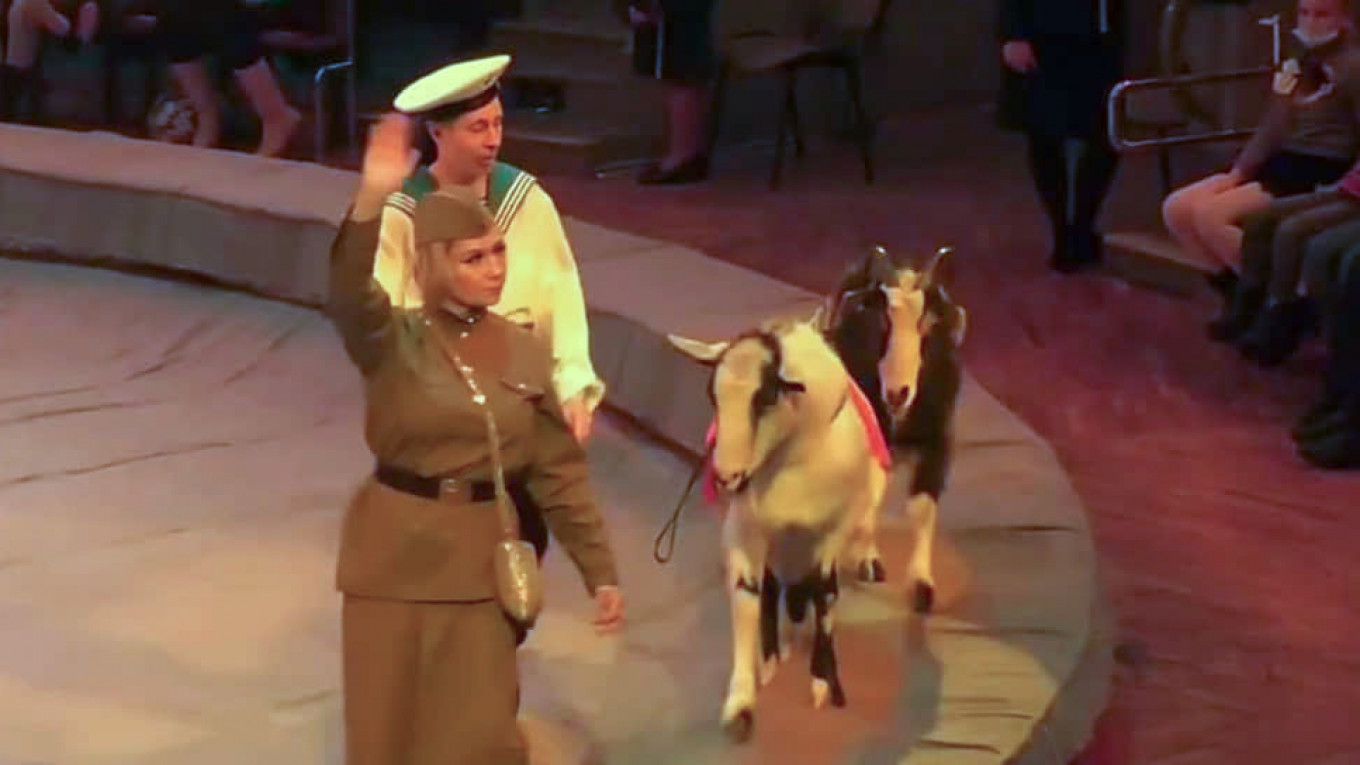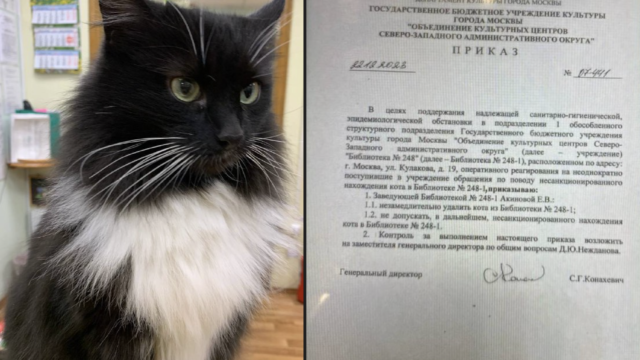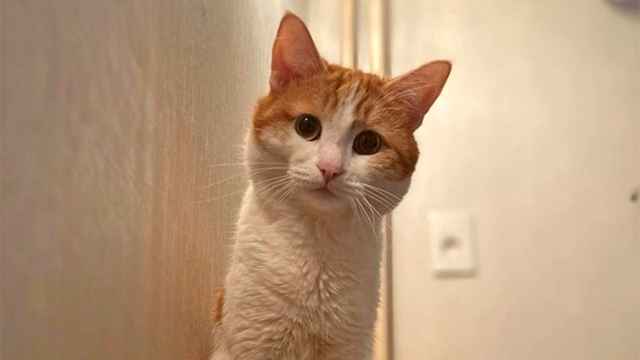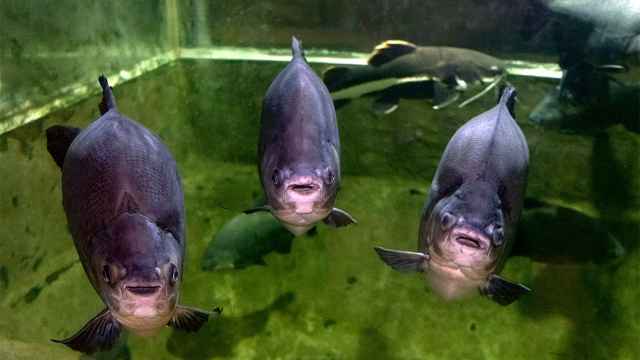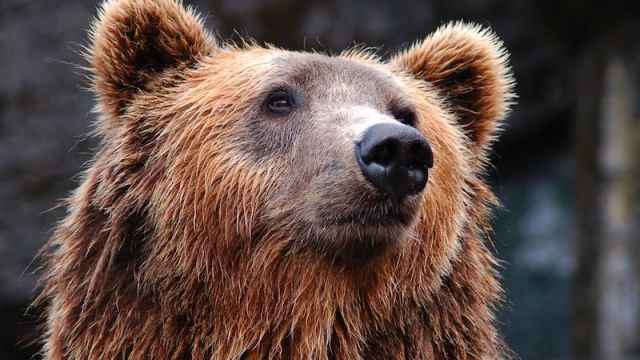Russian prosecutors have opened a probe into a state-run circus that featured a monkey in a Nazi uniform and two goats displaying swastikas during a Christmas performance.
The prosecutor's office for the Udmurtia region said in a statement it was checking after images emerged on social media of "animals dressed in blankets with Nazi symbols" during the Jan. 8 performance by the local State Circus.
The show, put on by the local branch of the Orthodox Church a day after celebrating Christmas, showed the monkey being led around the circus ring by a woman in a Soviet military uniform and the two goats with red blankets on their backs displaying swastikas, according to a video published by the circus.
In the video, local priest Roman Voskresenskikh describes the performance as a "historical excursion into Christmas of different years."
The Orthodox diocese in Izhevsk, Udmurtia's main city, said in a statement that the Nazi symbols were used in an episode about the defeat of the German army near Moscow in 1942 during World War II.
"A special feature of circus art is entertainment, and there is nothing surprising in the fact that the images used in it have an ironic and sometimes even grotesque character," the diocese said.
Both the diocese and the circus, in its own statement, claimed that the performance had not violated Russian law.
They pointed to an amendment passed last year lifting a blanket ban on the use of Nazi symbols as long as they are not intended to promote fascist ideology.
The ban, introduced in 2014, had been opposed by some lawmakers who argued that it theoretically covered documentaries about the Third Reich as well as World War II-related feature films, book illustrations and school textbooks.
The legislation had also affected Russians who re-enact World War II battles.
A Message from The Moscow Times:
Dear readers,
We are facing unprecedented challenges. Russia's Prosecutor General's Office has designated The Moscow Times as an "undesirable" organization, criminalizing our work and putting our staff at risk of prosecution. This follows our earlier unjust labeling as a "foreign agent."
These actions are direct attempts to silence independent journalism in Russia. The authorities claim our work "discredits the decisions of the Russian leadership." We see things differently: we strive to provide accurate, unbiased reporting on Russia.
We, the journalists of The Moscow Times, refuse to be silenced. But to continue our work, we need your help.
Your support, no matter how small, makes a world of difference. If you can, please support us monthly starting from just $2. It's quick to set up, and every contribution makes a significant impact.
By supporting The Moscow Times, you're defending open, independent journalism in the face of repression. Thank you for standing with us.
Remind me later.


